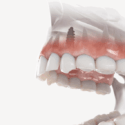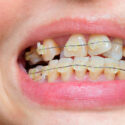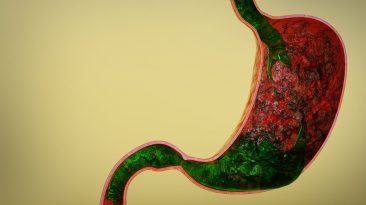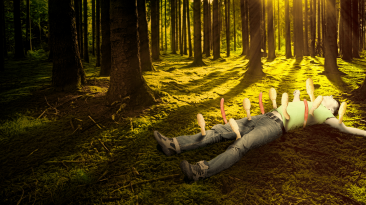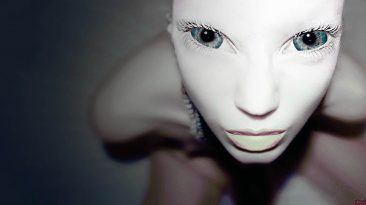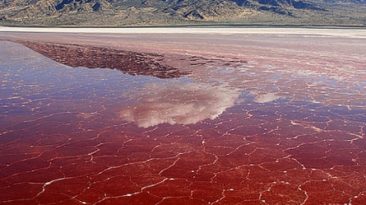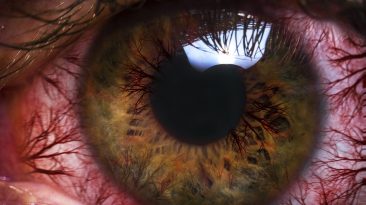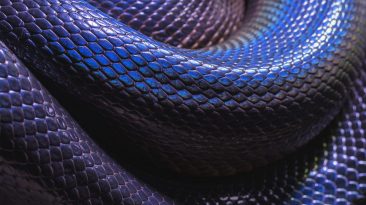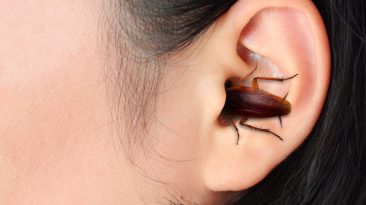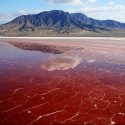From curls to cornrows, beehives to bowl cuts, pigtails to dreadlocks, keeping our hair healthy is a necessity we all share. But if we didn’t have any shampoo or conditioners at our disposal, what would happen to our scalps? If you’re follicly challenged, well, kudos. This video may not apply to you. But the bald truth is, washing your hair may be more important than you think.
What did people use to wash their hair before shampoo? Why could avoiding shampoo in the short term be healthy? What are the risks of poor hair hygiene?
While shampooing your hair may be a part of your everyday routine, the “no poo” movement has been gaining some ground. Um, just so we’re clear, the “poo” I’m referring to is shampoo. So you can release the tension now.
This “no poo” movement isn’t for everyone and may only work for certain hair types. People with dry, thin hair that don’t produce much oil might be in luck. But if you’ve got a thick head of hair, well, take note.
With some shampoos containing harsh chemical detergents that cause dryness, many people are trying some pretty quirky alternatives to keep their hair clean and lustrous. But what did people do before shampoo was invented?
In the Indian subcontinent, a substance like shampoo was made by boiling Sapindus, a tropical tree, with Indian gooseberries. The Sapindus berries, also known as soapberries, contain saponins, a type of organic chemical that creates a soapy lather. This lather helps soak up any oils, leaving hair soft and manageable.
In the 1700s, early colonial traders caught on to this hair washing practice and introduced it to Europe. The word “shampoo” derives from the Sanskrit word “chāmpo”, describing the ancient Indian practice of massaging and soothing the head and hair.
Ancient Greeks and Romans used olive oil to keep their hair soft and supple. They would also add a dash of vinegar to help rinse and lighten their hair color. So if you don’t mind your hair smelling like a salad, well, you can consider that an option.
In the Medieval era, many people couldn’t afford to take frequent baths. In some parts of Europe, women were advised to apply a mixture of barley, salt, and bear fat to their hair to help it grow longer. Yikes, well, at least it was 100% organic.
During the Renaissance, women in Italy often used lye soap alongside bacon fat and licorice as a conditioner. As much as I love bacon and licorice, I think I’ll just stick to eating them.
And in the 18th century, wig-wearing became a sign of class for both men and women, and health fads were all the rage. Some doctors even advised women to crack eggs over their heads to keep their hair healthy. So if you’re ever the victim of an egging, well, maybe your hair will thank you later. Take that, you bullies.
It wasn’t until the 1930s that the liquid shampoo we know and love today became a widespread phenomenon. After twenty years of heavy marketing in newspapers and magazines, the trend caught on, and the cultural expectation of washing your hair had begun.
So why exactly are people avoiding shampoo? And what would happen if we neglected to wash our hair altogether? Well, if you don’t tend to exercise very often or live in a dry climate, you might have better success with the no washing movement. This is due to a decrease in natural oil production, known as sebum, which helps keep our hair moist. But if you have oily, thick hair, you might have bigger problems than a bad hair day.
Many people claim that after several weeks of not washing their hair, it becomes thicker and naturally voluminous. So, in the short term, depending on how oily or dry your hair is, it may benefit you cosmetically and financially. But if you kept this up for months, well, your new doo might start to smell a little funky. Hair traps moisture, allowing bacteria to build up on unwashed scalps.
This could lead to an infection from all the dead skin cells, dirt, and bacteria your hair has mopped up. Even if you have a faux-hawk, man bun, or a skullet, bacteria finds a way. After a month, you’d be dealing with an itchy scalp and a sour odor.
At about six months to a year, the bacteria would accumulate and clog up your hair follicles, which could lead to unwanted pimples, hair thinning, hair loss, and if you have roommates, possibly eviction. While there’s no medical reason to shampoo your hair, certain types of medicated shampoo can be a blessing for those suffering from scalp psoriasis. Yet other conditions like eczema or dandruff could get worse from regular shampoos containing harsh detergents.
From a dermatological standpoint, some shampoos can overdry any skin surface. This causes an increase in oil production and can lead to unfavorable skin conditions. But if all of this shampoo business is wigging you out, there are several alternatives out there, like coconut oil or even baking soda and apple cider vinegar. But please don’t take our word for it. Not everyone’s hair works in the same way. So be sure to do your research before trying anything drastic.
Sources
- “What Did People Use Before Shampoo?”. Elizabeth, Lundin. 2017. History Things.
- “How Shampoo Works And The Chemistry Behind It”. Anne Marie Helmenstine. 2021. Thoughtco.
- “What Happens If You Stop Washing Your Hair For A Year”. youtube.com
- “Shampoo And Conditioners: What A Dermatologist Should Know?”. Rathi, SanjayK, and Paschal D′Souza. 2015. Indian Journal Of Dermatology 60 (3): 248. doi:10.4103/0019-5154.156355.
- “What happens if you stop washing your hair?” Josh Hafner. 2021. usatoday.com.
- “Daily Hair Washing: Recommendations And Alternatives”. 2021. medicalnewstoday.com.







